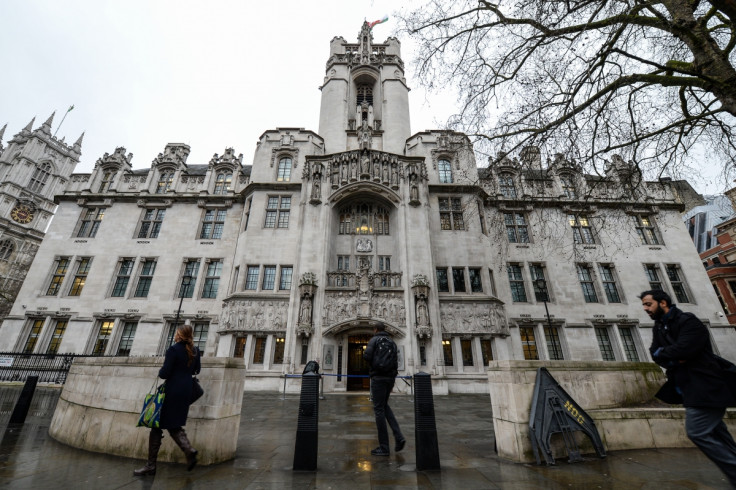What UK employers need to know about the Supreme Court's employment tribunal fees ruling
Employment law expert Martin Chitty explains what the landmark decision means.

The Supreme Court has unanimously ruled that the introduction of tribunal fees in 2013 was unlawful and must be quashed. In the Court's view, the Fees Order was unlawful "ab initio", in other words from the outset, because it has the effect of preventing access to the tribunal system.
The Supreme Court accepted that the purposes behind the introduction of fees were potentially legitimate – transferring the cost burden to the 'users' of the tribunal system, incentivising earlier settlements and discouraging weak or vexatious claims.
However, the Lord Chancellor could not lawfully impose whatever fees he chose. In order for the fees to be lawful, they must be set at a level that everyone can realistically afford, taking into account the availability of remission.
Equally, the fees must not render claims futile or irrational to bring as some claims do not seek financial reward or only modest amounts but remain equally important, for example the right to rest breaks.
The Supreme Court concluded that the fees unlawfully prevented access to justice as unaffordable by some and far too high, preventing even those who can afford them from pursing small and non-monetary claims.
While the immediate consequence is that tribunal and EAT (Employment Appeal Tribunal) fees cease to be payable today, there are additional implications.
Will this mean a sharp increase in the number of tribunal claims?
The 70% reduction in tribunal claims has been widely attributed to the introduction of fees – and they have certainly played a significant part.
But before planning for a deluge of claims, remember that the cap on unfair dismissal claims at one year's pay, together with the increase in the length of service requirement from one to two years, also contributed to the reduction in claims since 2013.
Yes, the upfront payment of a fee has been a deterrent for many, but for employees on average or below average earnings the most they can recover for ordinary unfair dismissal is now 60% below the figure in 2013 – and that has not changed. In addition, there is also the use of protected conversations and mandatory pre-claim conciliation. While an increase in the number of tribunal claims is likely, returning to pre-2013 levels does not necessarily follow.
Are fees gone forever?
While the current fee order has been held unlawful, this does not prevent the Government introducing a new one. However, any future fees imposed will need to be set at a level that everyone can afford and take into consideration the monetary value of the claim. This will be no easy task.
Will tribunals allow late claims?
The majority of employment claims must be presented within three months. However, for many claims including unfair dismissal, the time limit can be extended where it was "not reasonably practicable" to present the claim in time. For discrimination claims, time can be extended where the tribunal considers it "just and equitable".
Will tribunals accept that it was "not reasonably practicable" or it is "just and equitable" to extend time where an employee/former employee claims they were prevented from doing so by the unlawful fees regime?
What about fees already paid?
Fees already paid are to be reimbursed in line with an undertaking given by the Lord Chancellor in July 2013. Will claimants need to request reimbursement? What if they recovered the fees from the employer by way of a costs order or settlement agreement – in effect double recovery? It is unclear whether employers who had a cost order awarded against them in relation to fees paid by a claimant will be able to reclaim the fees.
Martin Chitty is an employment law partner at the international law firm, Gowling WLG
© Copyright IBTimes 2025. All rights reserved.






















